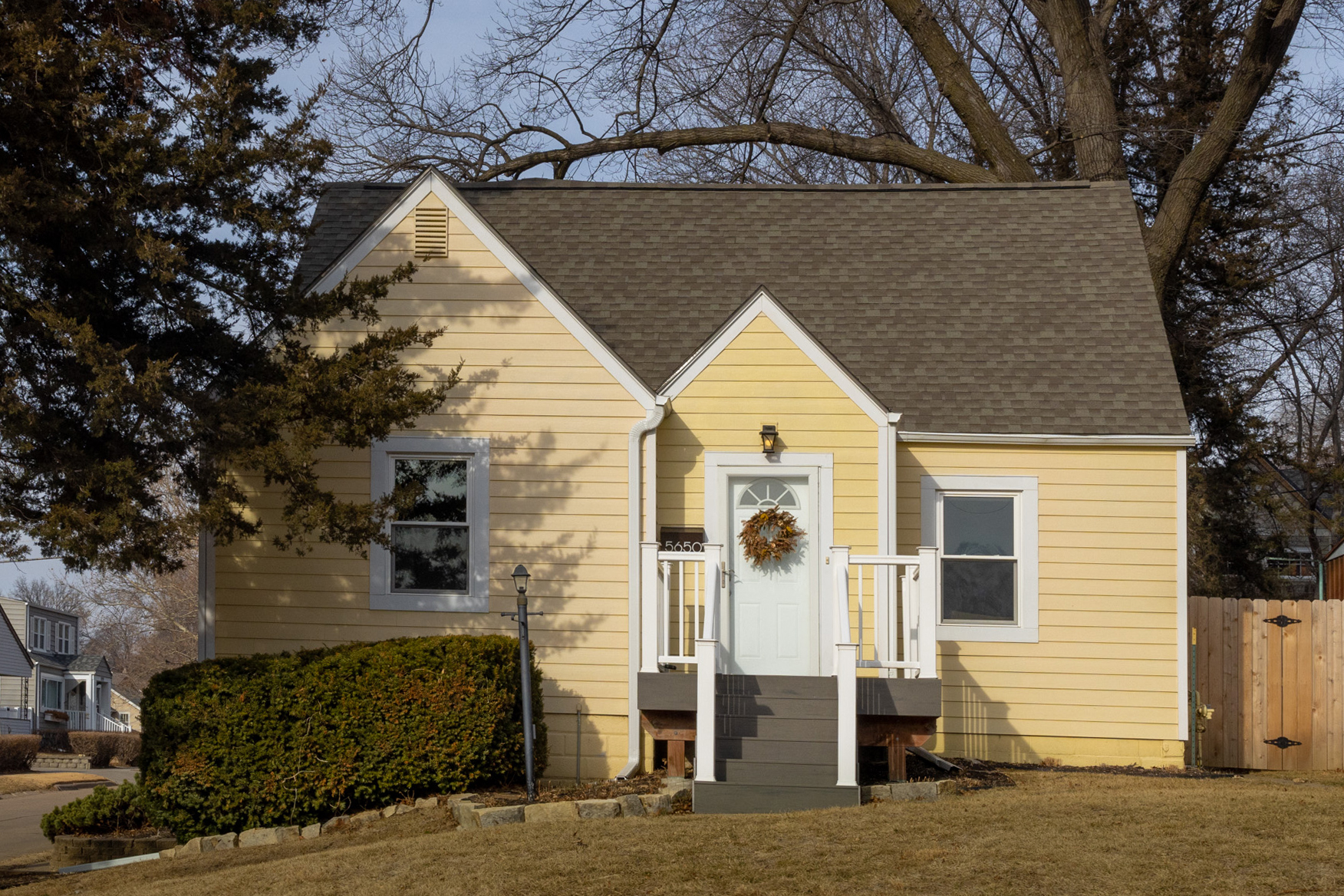
As a licensed realtor serving Nebraska (and Iowa), I get plenty of questions from homeowners and clients about property taxes in Nebraska. Specifically, the largest county within Omaha: Douglas County, Nebraska. Property taxes and their impact on homeowners are an important topic to consider as you purchase and continue to own.
Let’s dive into the details on Douglas County property taxes – how they are calculated, what they mean for property owners, and additional insights that will help Omaha homeowners better understand & manage their tax obligations.
Understanding Property Assessments
The key element of Douglas County property taxes lies in the assessment (not the appraisal) of your property’s value. The Douglas County Assessor’s Office evaluates properties periodically, considering factors like size, location, upgrades, and current market conditions and creates an assessed value. This information is available online along with other property data on Douglas County Assessor’s website.
Determining the Assessed Value: The assessed value represents a percentage of the property’s market value, often referred to as the “assessed valuation ratio.” In Nebraska, this ratio is generally set at 100% of the property’s actual value. For example, if a property’s market value is $200,000, the assessed value would also be $200,000.
Calculating Property Taxes
Property taxes in Douglas County are computed based on the assessed value of your property and the applicable tax rates. Once the assessed value is determined, property taxes are calculated by multiplying the assessed value by the total mill levy, also known as the tax rate. The mill levy is expressed in terms of mills, where one mill is equal to one-tenth of a cent.
For instance, a property with an assessed value of $200,000 and a total mill levy of 100 mills would owe $200,000 * 0.1 * 100 = $2,000 in property taxes.
What are Mill Levies and How are They Determined?
Your property tax bill encompasses various mill levies from entities like the county government, school districts, fire departments, and municipal services. Each entity sets its levy to fund specific operations, contributing to the total tax rate. According to the Douglas County Assessor:
“The levy is the tax rate applied to the assessed value. Each taxing authority (City, County, School District, Sanitary Improvement District, etc.) sets its budget based upon operating expenses and determines the amount of property taxes needed to fund that budget. The levy is calculated by dividing the portion of the taxing authority’s budget by the taxable assessed value in the taxing authority’s service area.”
Maximizing Savings through Exemptions
Understanding available exemptions is one way to lessen your property tax liability, if you are eligible. Certain property tax exemptions, such as homestead exemptions for eligible homeowners or exemptions for disabled veterans, can reduce the assessed value, subsequently lowering the property taxes owed. Additionally, special assessments for specific improvements or services may be added to the tax bill.
For more information on exemptions and other DC Assessor frequently asked questions, click here.
Protesting Your Property Valuation
Increased property valuations mean higher property taxes and cost of homeownership. For some homeowners and business owners, the increase in their property valuation does not match comparable home values or make sense.
In these cases, owners are able to submit a formal protest of their property valuation each year. According to Douglas County Assessor: “If you disagree with your property’s valuation during any tax year, you may file a Property Valuation Protest with the Douglas County Board of Equalization (BOE). Forms are available in the office of the Douglas County Clerk or can be downloaded from the BOE website. The Property Valuation Protest forms can be filed between June 1 and June 30. If you are dissatisfied with the BOE‘s decision, you may appeal that decision to the Nebraska Tax Equalization and Review Commission (TERC).”
What are Property Taxes in Arrears?
Property taxes in arrears refer to unpaid taxes from previous years owed by the property owner. When a property is sold, any outstanding property taxes from the seller’s ownership period become a part of the transaction. Property taxes in real estate sales are settled differently because of this. You can stay informed about these dates and payment options available through the county treasurer’s office.
Paid in Arrears: Different Tax Payment Schedule Than Most
Douglas County (Omaha), Sarpy County (Belleve and Papillion), and Lancaster County (Lincoln) property taxes are unique from the rest of Nebraska counties: they are the only three Nebraska counties that have property taxes paid in arrears and are due in two installments, each with its specific deadline.
Per Nebraska Dept. of Revenue: “On or before November 22, the county assessor transcribes the real property tax list and delivers it to the county treasurer for collection of property taxes.
All real and personal property taxes, including taxes of centrally assessed railroad and public service companies, are due on December 31. Property taxes are paid to the county treasurer.
Douglas, Lancaster, and Sarpy counties first half of the tax becomes delinquent on the following April 1, and the second half becomes delinquent on August 1.”
Navigating Your Property Taxes
Staying informed about Douglas County property tax assessments, exemptions, and payment schedules is key to managing your homeownership responsibilities and taxes effectively.
As your local Omaha based realtor, I’m committed to ensuring your homeownership journey in Douglas County is informed, smooth, and rewarding. For extra home guidance or specific questions about local Omaha property taxes, please connect with me at ca**@************ha.com.
